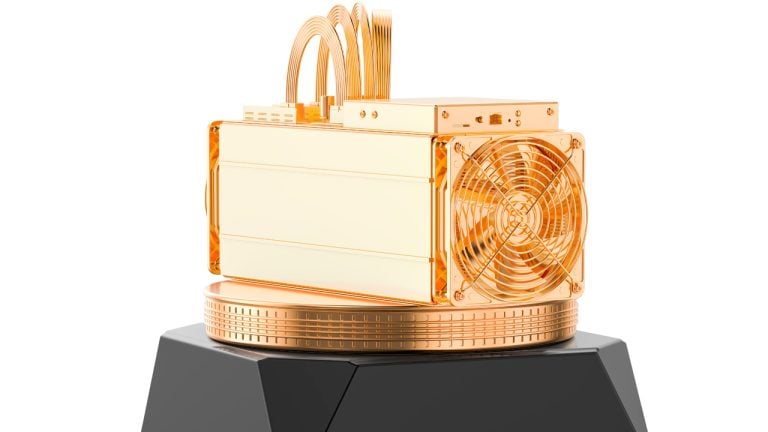
Bitcoin miners have had a challenging year as the network’s mining difficulty reached an all-time high and the spot market price of bitcoin dropped below the cost of production. Currently, with electricity costs at $0.07 per kilowatt-hour (kWh), only 18 application-specific integrated circuit (ASIC) bitcoin mining rigs are able to turn a profit at current prices.
Current SHA256 ASIC Models Unprofitable at $0.12 per kWh, Only Two Devices Profitable at $0.10 per kWh
On December 31, 2022, statistics show that bitcoin’s hash rate is hovering above the 300 exahash per second (EH/s) range after reaching a low on December 30 at 235 EH/s. Additionally, data from macromicro.me indicates that the current cost of production ($16,577) is nearly equal to bitcoin’s current spot market value ($16,572).
Macromicro.me calculates the cost of production by “observing consumption of electricity and daily issuance of bitcoin, as provided by Cambridge University.” The Cambridge Bitcoin Electricity Consumption Index (CBECI) shows BTC’s annualized consumption on Dec. 31, 2022, is 84.74 terawatts per hour (TWh). With the current mining difficulty at 35.36 trillion and current BTC prices at $16,572 per unit, a large number of ASIC mining machines are not profitable.
For instance, at $0.12 per kWh, none of the current SHA256 ASIC models are profitable with electricity costs at that rate. At $0.10 per kWh, two ASIC devices are profitable and can make $1.14-$2.51 per day in profits. The top two machines that can still profit at $0.10 per kWh include Bitmain’s Antminer S19 XP Hyd. with 255 terahash per second (TH/s) and Bitmain’s Antminer S19 XP with 140 TH/s.
18 ASIC Mining Rigs Profitable at $0.07 per kWh, Alternative Consensus Algorithms See Better Profits
At $0.08 per kWh, 13 different ASIC bitcoin mining machines can capture profits between $0.13-$5.08 per day. The machine with the lowest profits at $0.08 per kWh is Bitmain’s Antminer S19j Pro with 100 TH/s. At $0.07 per kWh, another five machines are added to the profitable machine list with a total of 18 ASIC mining rigs in profit.
At the $0.07 per kWh value, a bitcoin miner can make between $0.23 per day to $6.35 per day, depending on the machine used. Bitmain’s Antminer S19 XP Hyd. with 255 TH/s and $0.07 per kWh in electrical costs will produce an estimated profit of around $6.35 every 24 hours.
While SHA256 bitcoin mining machines are seeing fewer profits than they were six months ago, machines that mine alternative consensus algorithms see better profits. The top three consensus algorithms today, in terms of profit, include Kadena, Eaglesong, Scrypt, and Handshake.
What are your thoughts on the difficulties that bitcoin miners faced this year? Do you anticipate that conditions will improve in 2023? Share your perspective in the comments section below.
from Bitcoin News https://ift.tt/q6K1Bgm
Comments
Post a Comment